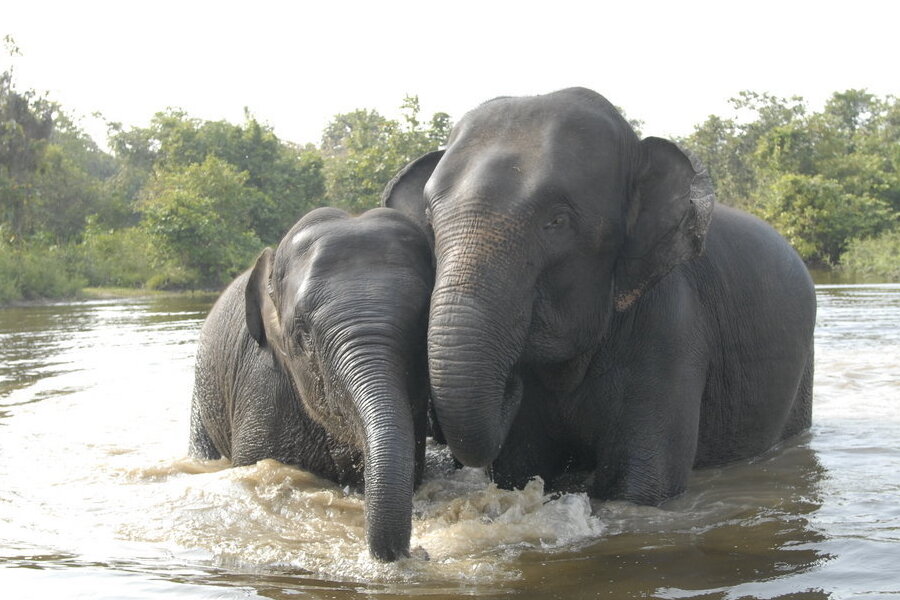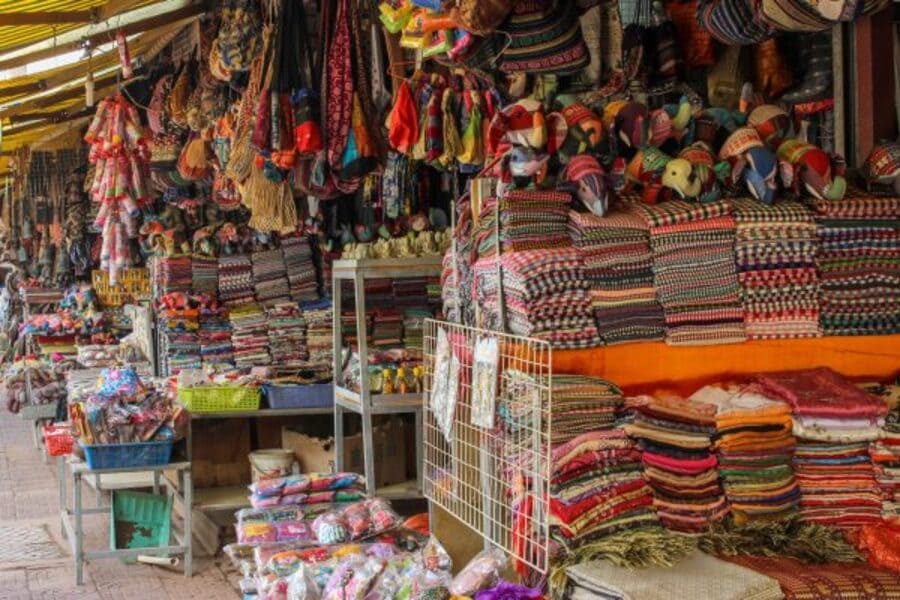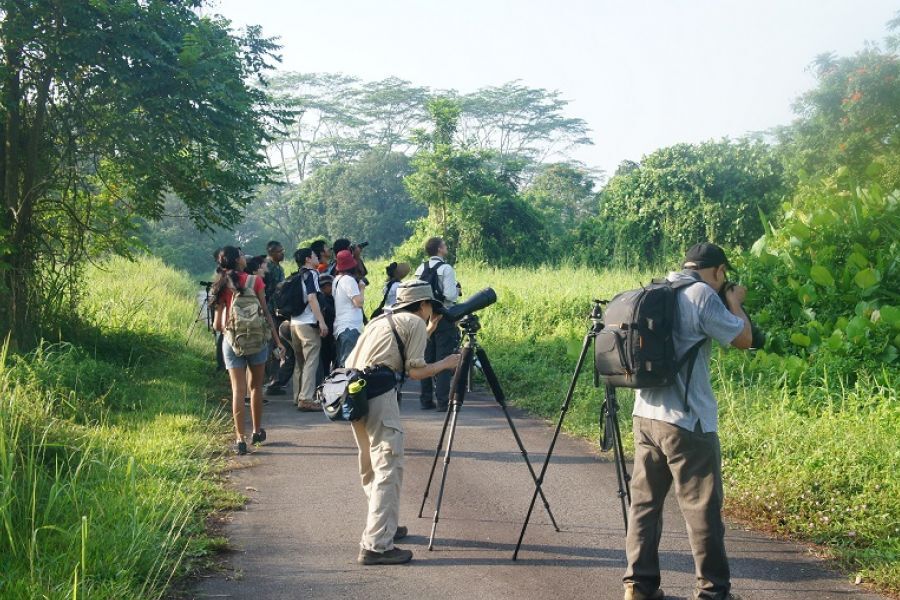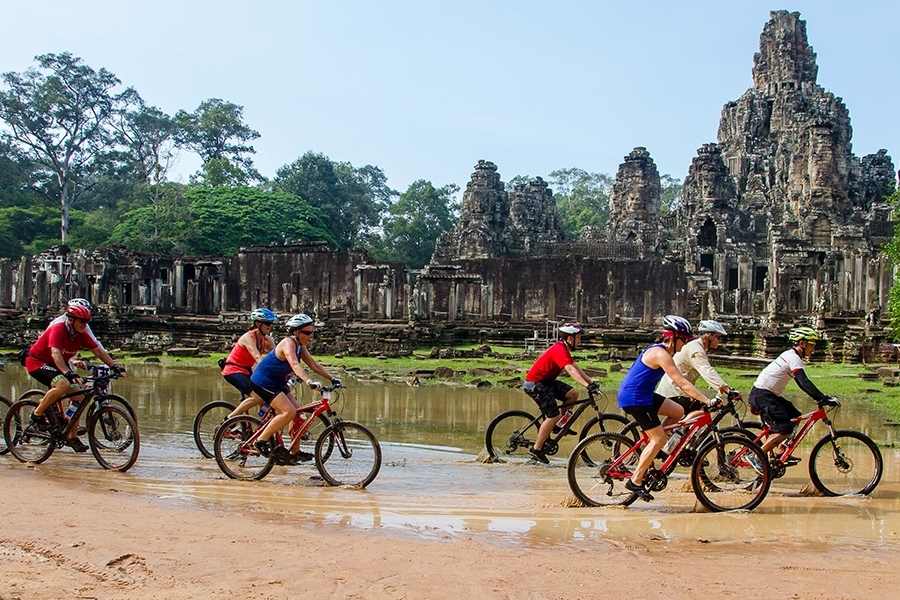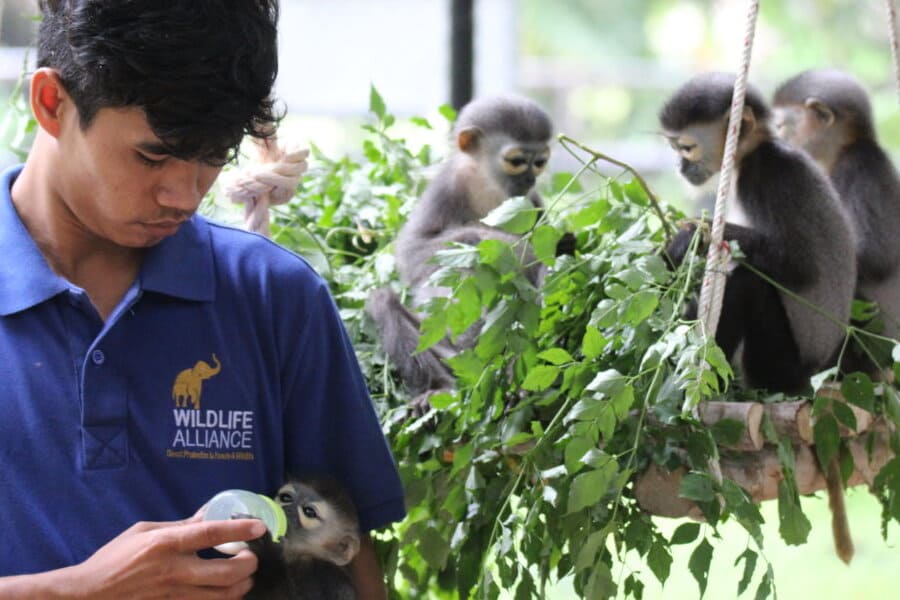Embarking on cambodia tours unveils a mesmerizing journey through a land rich in cultural heritage, ancient wonders, and breathtaking natural landscapes. Amidst this enchanting backdrop, a new phenomenon is taking root: the rise of eco tourism in Cambodia. As travelers increasingly seek sustainable and responsible travel experiences, Cambodia emerges as a beacon of eco-friendly adventures.
Contents
What’s Eco Tourism?
Ecotourism, also known as ecological tourism, is a form of travel that focuses on exploring natural environments while minimizing the negative impact on the environment and supporting conservation efforts. It involves visiting pristine and fragile ecosystems, such as rainforests, coral reefs, and wildlife reserves, with the aim of fostering environmental awareness, promoting conservation, and contributing to local communities' sustainable development.
Ecotourism activities often include wildlife watching, bird watching, hiking, kayaking, and visiting protected areas.
The principles of ecotourism emphasize responsible travel practices, respect for local cultures and traditions, and the preservation of biodiversity.
Overall, ecotourism seeks to create meaningful and authentic travel experiences while conserving the planet's natural resources for future generations.
The Benefits of Eco Tourism
Ecotourism offers a range of benefits, both for travelers and for the destinations they visit. Some of the key benefits include:
Environmental Conservation: Ecotourism promotes the preservation of natural habitats and biodiversity by supporting protected areas and wildlife reserves. Visitors engage in activities that have minimal impact on the environment, helping to conserve fragile ecosystems and endangered species.
Economic Opportunities: Ecotourism generates revenue for local communities through tourism-related businesses such as eco-lodges, guided tours, and artisanal crafts. This can provide sustainable livelihoods for residents and reduce reliance on activities that harm the environment, such as logging or fishing.
Cultural Preservation: Ecotourism encourages travelers to interact with local communities and learn about their traditions, languages, and lifestyles. This cultural exchange fosters mutual understanding and appreciation, helping to preserve indigenous knowledge and traditions.
Education and Awareness: Ecotourism experiences often include educational components that raise awareness about environmental issues, conservation efforts, and sustainable living practices. Visitors gain a deeper understanding of the natural world and their role in protecting it.
Sustainable Development: By promoting responsible tourism practices, ecotourism contributes to the long-term sustainability of destinations. It encourages the development of infrastructure and services that benefit both tourists and local residents while minimizing negative impacts on the environment and culture.
Eco Tourism Practices in Cambodia
Cambodia, with its rich biodiversity and stunning natural landscapes, offers a variety of eco-tourism activities for travelers seeking sustainable and immersive experiences. Here are some eco-tourism activities you can enjoy in Cambodia:
Wildlife Watching: Explore Cambodia's diverse ecosystems, including tropical rainforests, wetlands, and coastal areas, while spotting a wide array of wildlife. From rare bird species in the Prek Toal Bird Sanctuary to the elusive Irrawaddy dolphins in the Mekong River, there's no shortage of natural wonders to discover.
Community-Based Tourism: Engage with local communities in Cambodia through community-based tourism initiatives. Stay in eco-friendly accommodations run by local villagers, participate in traditional cultural activities, and support community-led conservation efforts.
Jungle Trekking: Embark on guided jungle treks through Cambodia's protected areas, such as the Cardamom Mountains or Virachey National Park. Traverse lush forests, encounter exotic wildlife, and learn about indigenous plants and medicinal herbs from knowledgeable local guides.
River Cruises: Experience the beauty of Cambodia's waterways on eco-friendly river cruises. Glide along the tranquil waters of the Tonle Sap Lake or the Sangker River, observing floating villages, mangrove forests, and diverse birdlife along the way.
Sustainable Farm Visits: Gain insight into Cambodia's agricultural practices and sustainable farming techniques by visiting organic farms and community gardens. Learn about traditional farming methods, participate in hands-on activities like rice planting or vegetable harvesting, and savor farm-to-table meals prepared with locally sourced ingredients.
Cycling Tours: Discover Cambodia's countryside and rural villages on eco-friendly cycling tours. Pedal through picturesque landscapes, interact with friendly locals, and visit cultural sites like ancient temples, pagodas, and traditional Khmer villages.
What should Visitors do to improve Eco Tourism in Cambodia?
For travelers interested in eco-tourism in Cambodia, here are some tips to make your experience more sustainable and enjoyable:
Choose Eco-Friendly Accommodations: Opt for eco-lodges, guesthouses, or homestays that prioritize sustainable practices, such as energy and water conservation, waste reduction, and support for local communities.
Respect Wildlife and Natural Habitats: When exploring Cambodia's natural attractions, adhere to responsible wildlife viewing guidelines. Maintain a safe distance from animals, refrain from feeding or touching them, and avoid disturbing their habitats.
Support Local Communities: Engage with local communities respectfully and responsibly. Seek out community-based tourism initiatives that empower indigenous groups and contribute to their economic development. Purchase locally made souvenirs and products to support local artisans and businesses.
Minimize Single-Use Plastics: Reduce your plastic footprint by bringing reusable water bottles, bags, and utensils. Refill water bottles from filtered water stations or carry water purification tablets to minimize plastic waste. Say no to single-use plastics like straws and plastic bags.
Conserve Water and Energy: Practice water and energy conservation habits during your stay in Cambodia. Take shorter showers, turn off lights and electronics when not in use, and use air conditioning sparingly. Choose eco-friendly transportation options like cycling or walking whenever possible.
Dispose of Waste Properly: Dispose of waste responsibly by recycling, composting, or using designated waste disposal facilities. Avoid littering and participate in beach or river clean-up activities to help keep Cambodia's natural environment clean and pristine.
Support Conservation Efforts: Consider volunteering with local conservation organizations or participating in eco-tourism activities that contribute to wildlife conservation, habitat restoration, and environmental education efforts in Cambodia.
The rise of eco-tourism in Cambodia presents a promising opportunity for both travelers and the country's natural environment. With its diverse ecosystems, rich biodiversity, and vibrant cultural heritage, Cambodia offers endless possibilities for eco-conscious travelers seeking authentic and sustainable experiences. By embracing eco-friendly practices, supporting local communities, and conserving natural resources, travelers can contribute to the preservation of Cambodia's unique landscapes and cultural traditions.

